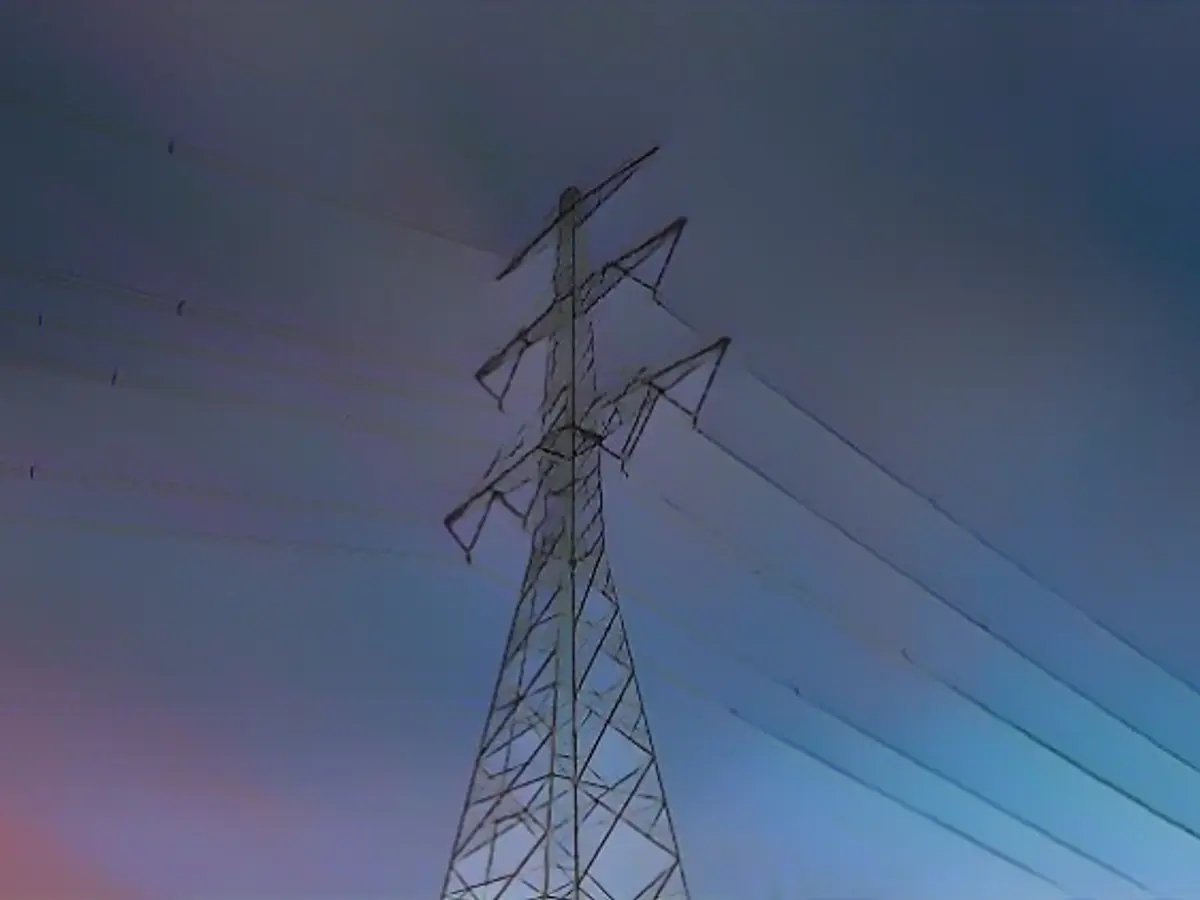EU wants to reform the electricity market
As a result of the Russian war of aggression, the price of electricity within the EU rises to unimagined heights at times. The market is to be reformed so that consumers are better protected from price explosions in future. Negotiators from the EU countries and the European Parliament have now presented a draft.
Consumers in the EU are to be better protected from escalating electricity prices in future. Negotiators from the EU countries and the European Parliament agreed on a reform of the European electricity market early this morning. In addition to more stable prices, the changes are intended to promote the expansion of renewable energies.
The compromise still has to be formally confirmed by the EU Parliament and the countries. Calls for a reform of the European electricity market had become loud due to extremely high electricity prices last year. The reason for the high prices included exploding gas prices due to the Russian war of aggression against Ukraine. It was also noticeable that around half of France's nuclear power plants were temporarily out of operation.
The basis for the agreement that has now been reached was a legislative proposal from the EU Commission in the spring. This envisages giving private individuals the right to fixed-price contracts as well as contracts with dynamic prices. According to the member states, a core element of the reform proposals are new long-term contracts between governments and electricity producers, so-called Contracts for Difference (CfDs).
If the price falls too low, the state will step in
With these contracts for difference, states guarantee electricity producers a minimum price for electricity if they make new investments. According to the Commission, this should apply to investments in renewable energies and nuclear power. If the market price falls below an agreed price, the state steps in and makes up the difference. If the price is higher, the surplus goes to the state. This is intended to create incentives for the domestic production of clean electricity.
In principle, the electricity market in the EU will continue to function according to the merit order principle. This refers to the order in which the power plants on the electricity exchange are deployed. Power plants that can produce electricity cheaply will be used first to cover demand. These are wind power plants, for example. In the end, however, the price is based on the last power plant to be switched on, i.e. the most expensive - often gas-fired power plants.
The Green Group in the European Parliament cannot support the agreement reached, said German MEP Michael Bloss. "One day after the historic agreement at the climate conference in Dubai, the EU is deciding on new fossil fuel subsidies for the dirtiest coal-fired power plants. This makes the EU completely untrustworthy." With this agreement, the EU can immediately relinquish its distinction as a climate pioneer.
Read also:
- Year of climate records: extreme is the new normal
- Precautionary arrests show Islamist terror threat
- UN vote urges Israel to ceasefire
- SPD rules out budget resolution before the end of the year
To align with the given text and incorporate the words 'EU', 'Electricity price', and 'Renewable energies', here are two additional sentences:
The aim of the reform is to reduce European consumers' exposure to volatile electricity prices, particularly driven by external factors like the Russian conflict. As part of the EU's broader transition to more sustainable energy sources, the agreement emphasizes promoting investments in renewable energies.
The European Commission's proposal included incentive mechanisms, such as Contracts for Difference (CfDs), which encourage investments in renewable technologies, lowering electricity prices in the long run.
Source: www.ntv.de








